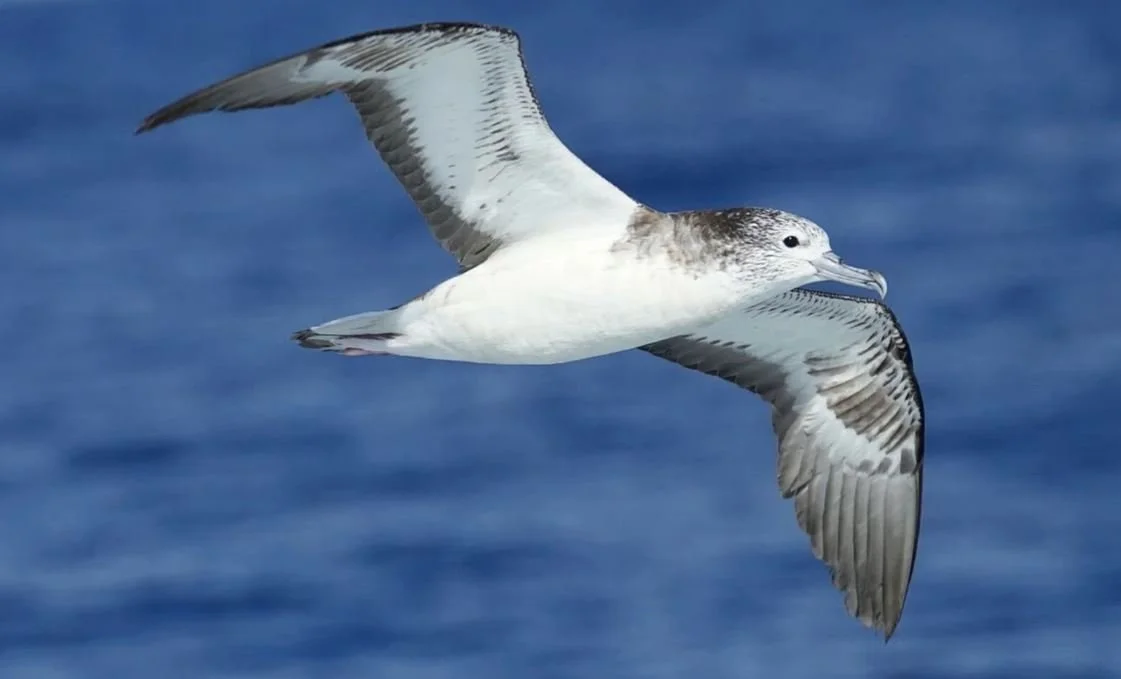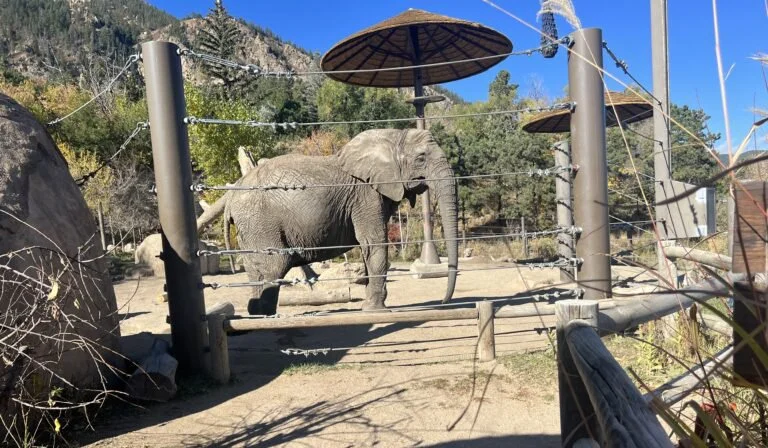Why Not Let Animals Vote?
“The idea that animals should have the right to vote sounds preposterous.”
That’s how Chicago lawyer Ioan-Radu Motoarcă opens his argument, published in the serious Oxford University Press journal Analysis. After acknowledging the preposterousness of such a proposal, he then questions why such a drastic step is even necessary, given the undeniable progress of animal rights in recent decades.
But then he gets down to it. First, there’s the question of how animal voting would work – it’s not like we can have cows and canaries casting ballots in the voting booth (although that spectacle would probably encourage more humans to vote). Rather, Motoarcă envisions a proxy system where human representatives could vote on animals’ behalf.
“Thus, monkeys, parrots, and other creatures in the Amazonian forests in Brazil would have a say in the adoption or rejection of laws impacting their environment,” Motoarcă writes. “Pigs, cows, and chickens on animal farms would have a say on laws related to their life conditions. This proposal would elevate animals to the status of actual actors in the political process.”
The lawyer argues that such an elevation is necessary, since even the most animal-friendly laws currently on the books have done little to stanch the bleeding at slaughterhouses. As of this writing, nearly 45 billion animals – chickens, cows, fish, etc – have been killed so far this year in the US alone.
Motoarcă believes we are already on a path toward animal suffrage or something like it. Animal rights of varying degrees are being codified in countries around the world and in the US, animals sometimes even find standing in court, having been recognized as “interested persons” in some cases.
“Right now, animals are merely subjects of our legal protection, but they don’t get to directly influence their own welfare. Under the proposal just stated, animals would have more direct control over their lives.”
Why not have truly universal suffrage? It’s not as if US elections can get any messier.
Photo credit: Paula Lorgelly via X







